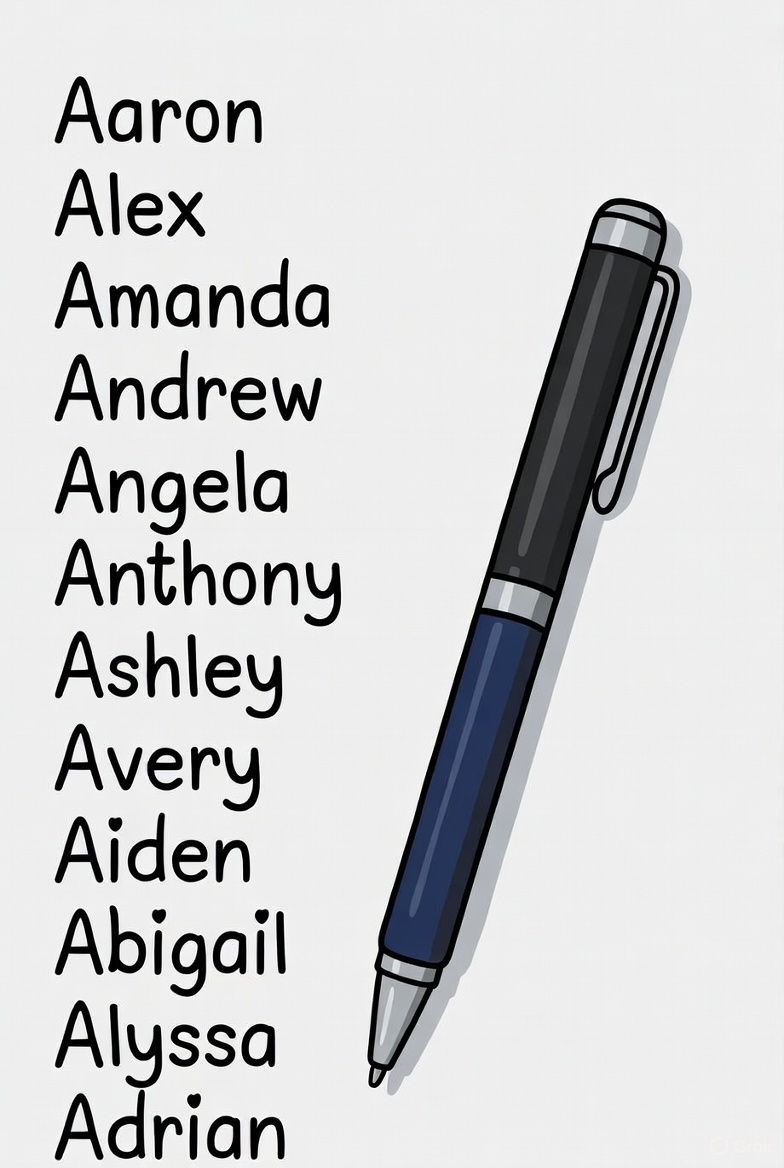Artificial Intelligence and Human Creativity
- Christine Silk

- Jan 23, 2023
- 2 min read
Updated: Nov 14, 2025
Recently, AI (artificial intelligence) had a breakthrough. It can generate essays that read as if a literate human wrote them. There is a lot of speculation as to whether AI will now be able to replace humans in writing, literature, graphic arts, music, etc. Some people predict that social-media influencers will easily be replaced by AI.
Will they? At this point (based on my limited and non-expert understanding of what is happening) I believe the answer is: It depends.
I predict that the most easily replaced products by AI are those that are standardized commodities. By “standardized commodities” I mean a product or a service that is generic, consistent, utilitarian, uniform. The product has been engineered, highly processed, and corporatized.
This means that the quirky individualism of the creator and producers has been removed, along with happenstance events and odd vagaries that give a product its character. Think of wine. Same vines, same location, but each season’s vintage varies because of the vine’s particular response to the environment (including the weather and irrigation schedule), variables in natural yeast colonization, fermentation conditions, etc. Grape soda isn’t at the mercy of these fluctuating variables. The ingredients are so processed that the end product is identical every time.
Another example of a standardized commodity is fast-food. A burger from McDonalds is going to be the same predictable commodity year in and year out, from location to location, thousands of miles apart. The individual stamp of the cook doesn’t exist—it is purposely processed out. Robots can do – and are doing -- the job of producing fast food.
But consider the handmade tlayudas of a Oaxacan abuela, or the handmade gnocchi of a Naples nonna, or a wheel of cheese from a small creamery in which the cows have a good life on pasture (rather than in horrible factory conditions), in which the milk is allowed to retain its situational, terroir character (rather than being homogenized in a big factory). Now we’re talking about the opposite of a corporatized, standardized commodity. We’re talking about unique, individualized products that bear the stamp of their creator and the stamp of the unique conditions under which the creation was brought into being.
So, to circle back to AI and writing, it is my prediction that commoditized writing (such as corporate news reports, bland opinion pieces, formulaic stories, standard academic essays) are tasks that will easily be performed by AI. I’m not endorsing any of this, I’m simply making a prediction about what I think will happen.
The truly quirky, individualist, high-quality writers – especially those who are masters at humor and sarcasm, and those who make novel arguments and construct non-predictable plot lines – will be far harder to imitate. Of course, this won’t stop AI from trying, and it may even fool vast numbers of people. But I am confident that there will still be an uncanny valley in the final product that will give away the fingerprints of the AI if one is astute enough to perceive it. This is my prediction. We’ll see if I’m correct.





Comments